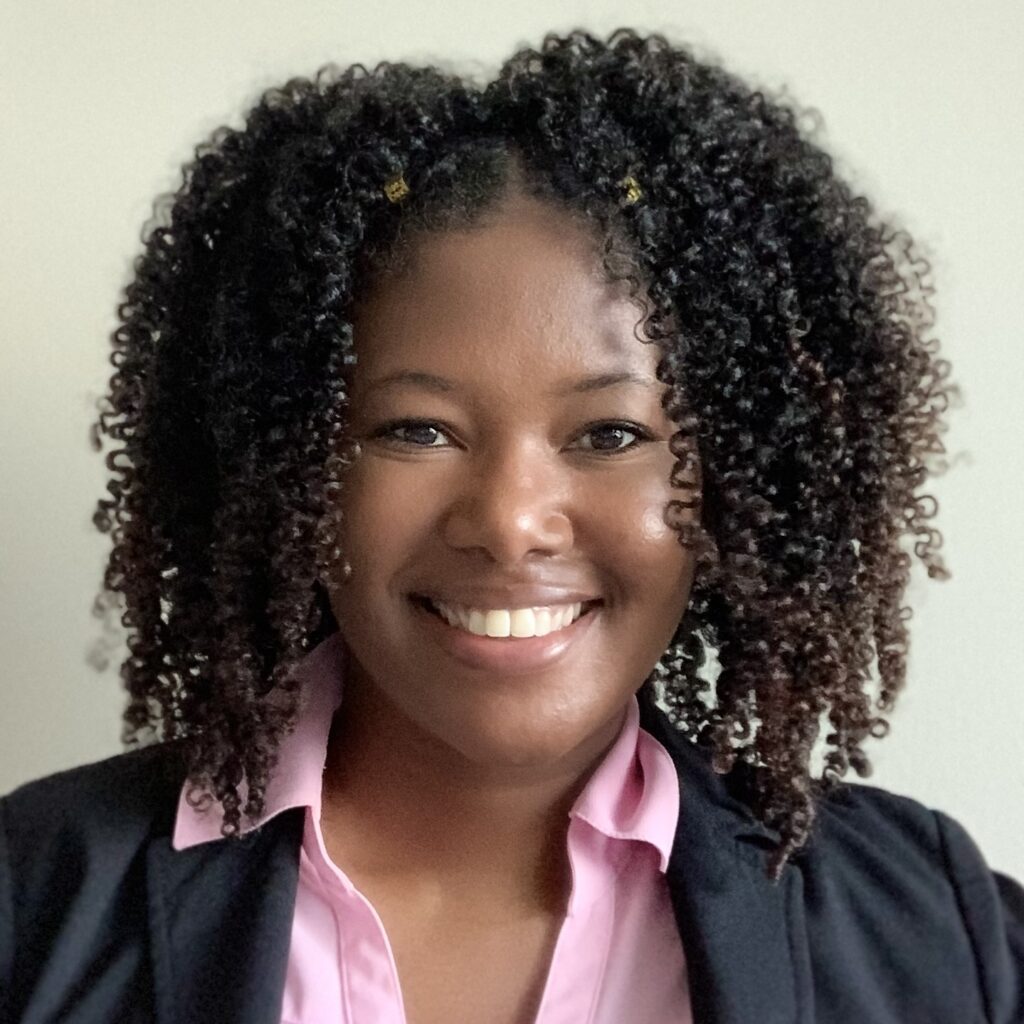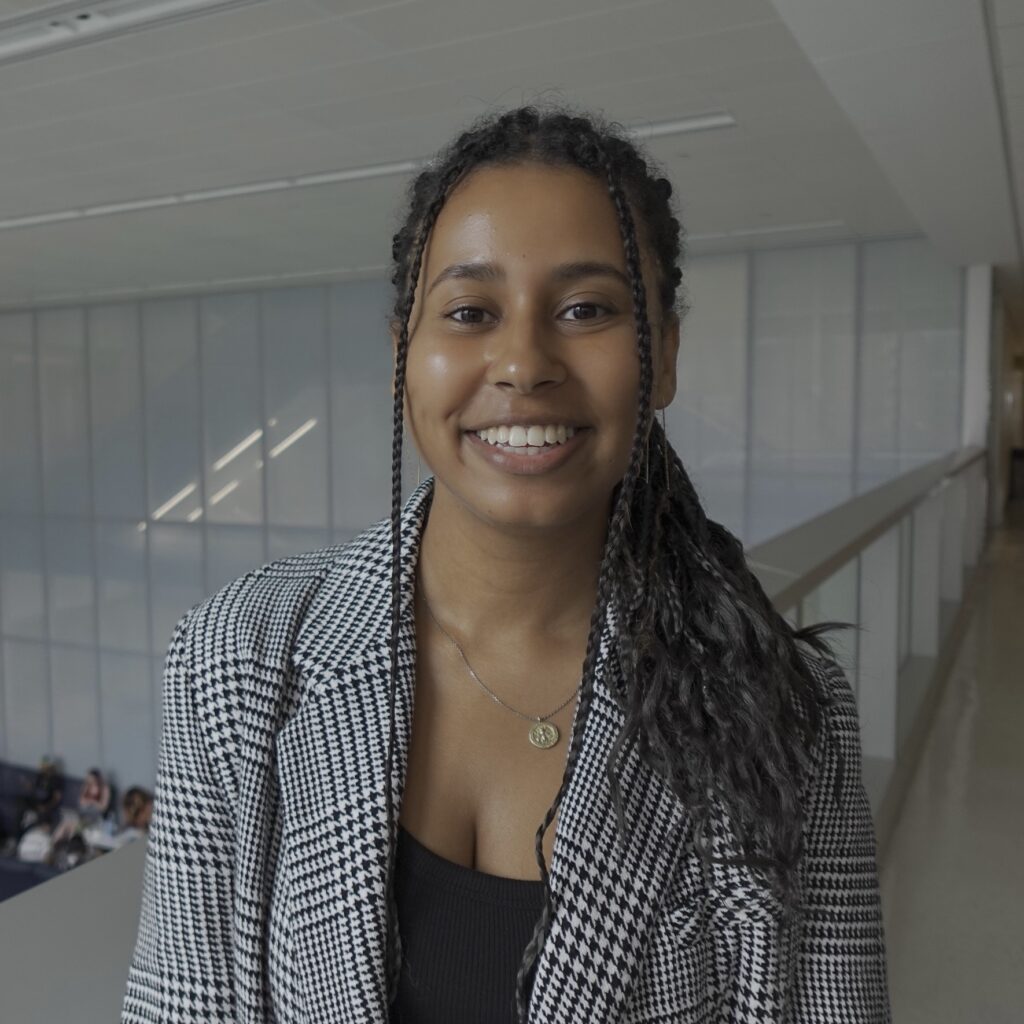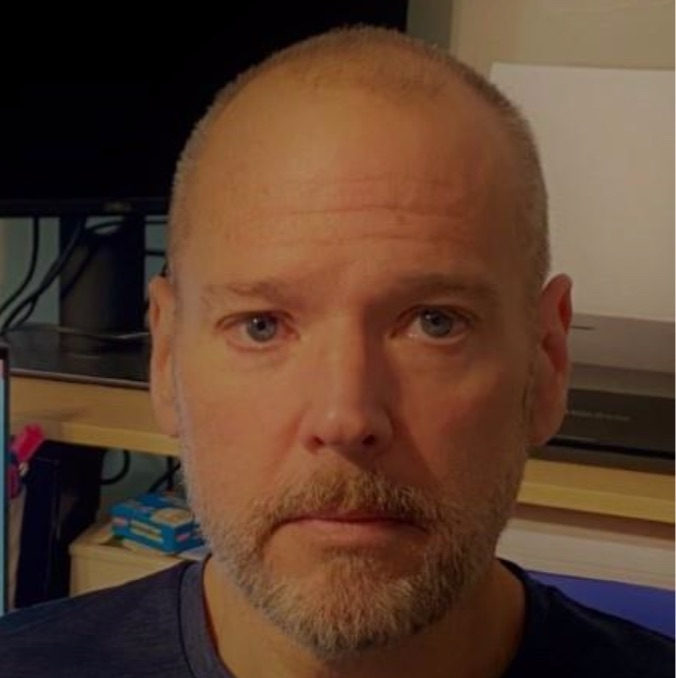
Willing to accept Primary and Secondary students for Fall 2025
Dr Deryn Strange’s research program is focused on memory distortion and its impact. She conducts research in three broad areas: (1) the causes and consequences of distorted memories for traumatic events; (2) the techniques that elicit false personal—autobiographical—or false collective memories and whether those false memories can be corrected; and (3) the impact of video evidence (e.g., body camera footage) in the courtroom.
Dr Strange teaches Cognitive Psychology (Psy200) at the undergraduate level, Memory and Memory, Trauma and the Law at the graduate level.
Dr Strange is a Fellow of the Association for Psychological Science and Psychonomic Society and serves as a consultant to attorneys about the malleability of memory (eyewitness testimony and identification; historical claims). She is also the current past President of the Society for Applied Research in Memory and Cognition.
Research Topics:
Cognitive and social factors that influence memory in children and adults; including false autobiographical memories, memory distortions from the media and video footage, collective false memories and co-witness memory distortions
Current Projects/Research Interests
- Factors that Influence Memory and Interpretation of Body Worn Camera Evidence
- Malleability of memory for trauma & its consequences.
- The cascading effects of alibi errors
- Memory errors in false confession cases
- The relationship between the myth that Criminal Justice Professionals have a better memory and their perceived secondary trauma exposure.
- Expert Evidence on Memory Issues.
Recent Publications
Jones, K. A., & Strange, D. (2022). Officer memory could be tainted by BWC footage; So, what is the solution? Journal of Applied Research in Memory and Cognition, 11(2), 166–170. https://doi.org/10.1037/mac0000040
Jones, K. A., Todd, T. L., Strange, D., & Chauhan, P. (2021). More than meets the eye: Officer actions and civilian behavioral health shape appraisals of police footage. Psychology, Public Policy, and Law.
Nahleen, S., Strange, D., & Takarangi, M. K. (2021). Does emotional or repeated misinformation increase memory distortion for a trauma analogue event?. Psychological Research, 85(6), 2453-2465.
Jones, K. R., Crozier, W. E., & Strange, D. G. (2018). Objectivity is a myth for you but not for me or police: A bias blind spot for viewing and remembering criminal events. Psychology, Public Policy, and Law, 24(2), 259-270. https://doi.org/10.1037/law0000168
Jones-et-al.-2018Jones, K. R., Crozier, W. E., & Strange, D. G. (2017). Believing is seeing: Biased viewing of body-worn camera footage. Journal of Applied Research in Memory and Cognition, 6, 460-474.
Jones-et-al.-2017-



